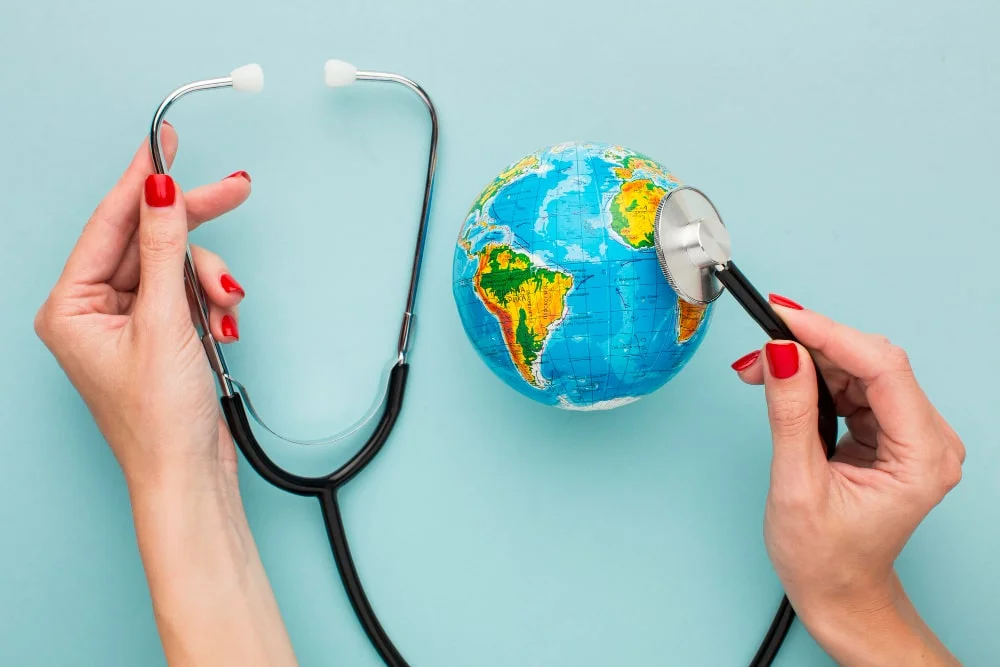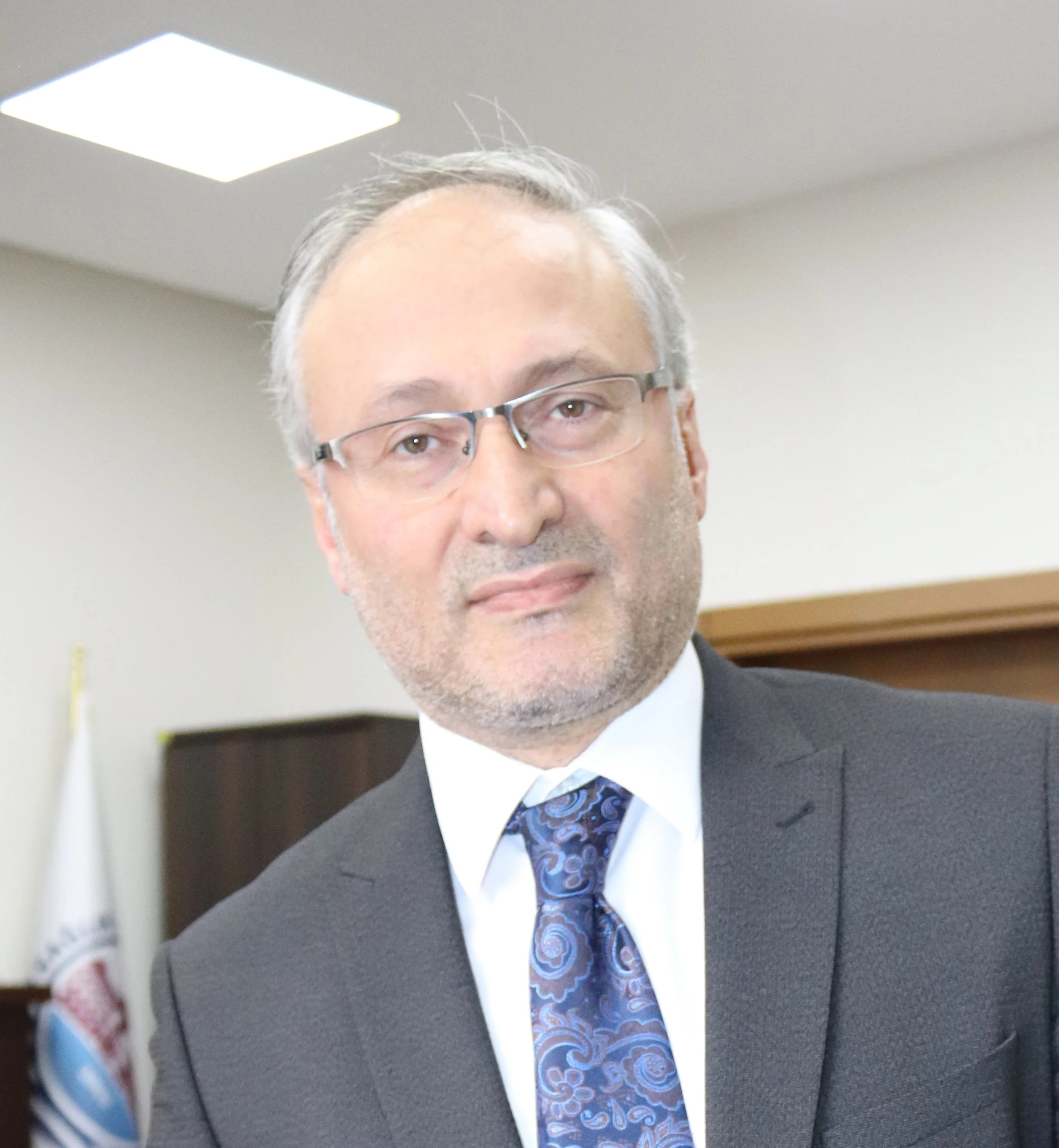Being a doctor is a tough profession. This has always been the case and will continue to be so. It’s not expected to change. As the saying goes, "May God not leave us without a doctor, but may we never need one."
If a doctor accidentally lets it slip that they're unwell or have caught a cold, the response is ready: "Doctors don't get sick!" It doesn't matter the place, geography, or even the age of the responder; it's an immediate reaction.
A patient hearing that their doctor is on vacation might say, “What am I going to do now? How could they go on leave when there are so many patients? I can’t wait until they return!”
Patients want doctors to start examinations as soon as they arrive at the hospital in the morning, without taking any breaks, without time for tea, coffee, or water. They even question the need for lunch. They want doctors to continue examining without eating. If the patient load ends by the evening, fine; if not, the doctor should somehow fit in a trip home so patients are never left without an examination.
When patients request something from a doctor, it’s always a “two-minute job.” They always have a small request. They have patient psychology and expect attention. Any negative response causes an uproar. If you respond positively and help quickly, you’ll hear, “They brushed me off and sent me away quickly.”
A small request can mean taking ten minutes to get the history of a long-term patient's relative, including examination and other procedures, which averages around half an hour. But what does it matter; the doctor won't notice that, and the person's needs were met.
Lunchtime ends, and your bladder signals alarm, and the waiting patients grow impatient. What follows is a discussion: Did the doctor focus on themselves? The patient's relative? The other waiting patients? Who did they behave towards, and how? To whom should you explain your situation? Who will understand? These so-called machines called doctors also have families. They have personal lives and are responsible for spouses and children. This changes everything.
If you are a specialist or the only doctor in your area, you’re in trouble. Your personal life, work life, nights and days, everything blends together. You run for a while, and your achievements feed you.
And then? Every aspect of your life, from nutritional deficiencies to sleep disorders, becomes intertwined, and your peace ends. The intensity you can't explain to your family, the citizens already don't understand.
If defensive behaviors start, the patient also runs away. Once you enter this path, there's no way out. Good luck. For a doctor, the dreams starting in childhood become a lifestyle akin to "falling in love with your executioner" after student years.
Despite this limited social life, it still doesn’t deter them from their work. Terms like working conditions, wages, and social life continue as excuses. So, overcoming all these life's constraints while maintaining the peace and happiness which are the keys to life, alternatives must be created by the doctor. When time is insufficient, when places are overwhelming, and the area you serve grows day by day, it is clear how difficult it is.
Especially in the Black Sea region, highlands and coastal areas have always been places where these burdens decrease. In a very short time, you can reach almost all the highlands, be alone with nature; you can breathe in the serene air, hear bird songs, see grazing animals, meet many people who manage to be happy despite difficult conditions, both resting your soul and finding some comfort in your situation.
If you have the chance to stay there for a few days, you might find your sleep regulated, forget to take your medicines, and experience moments when you think, “Should I stay a bit longer?”
Nowadays, there is a concept that the Ministry of Health and stakeholder institutions and organizations are focusing heavily on: health tourism. This introduces a new service area for health professionals.
Our goal is to bring foreign tourists to our country to receive health services by using tourism and related service sectors.
We have potential, tourism, and historical wealth. We have proximity that tourists can reach. The affordability of the services compared to other countries makes the development of the sector inevitable.
Our new Minister of Health has stated that there will be developments and different approaches on this issue. This means that the topic will remain fresh for many years to come.
In every part of the world, tourism is now a smokeless factory for countries, and it is highly regarded in our country too. While trying to revive health tourism, our people should not be disturbed by concepts like special polyclinics in hospitals, interpreters, patient priorities, and groups.
The issue should not be taken out of context. It should continue without hindering normal health services. But the cement of the work is still the doctors. Patients coming for treatment select their doctor. Accommodation, tourism, and other service steps come into secondary evaluations. So, the doctor's workload will increase. Proper planning and correct actions are very important.
No citizen should understand the term Health Tourism to mean that healthcare professionals are also vacationing or organizing tours for healthcare professionals.
Doctors, despite their exhausting and intense schedules, should be able to make time for themselves, their spouses, and their children. They should enjoy visiting new places in their geography that they haven’t discovered yet, indescribable beautiful spots, water, sea, and nature. Supporting health tourism with “Healthcare Support”...
It is a fact that annual leaves taken once or twice a year are not enough for these tempos. But it should not be forgotten that weekend trips in between also refresh the person, adding peace and happiness to their life. It is in our hands to take our geography, working conditions, and valuable time to different dimensions. There are so many beauties we do not yet know in our provinces, districts, and villages that we can say, “How wonderful,” “So beautiful,” “Thank God.”
Best regards,
Prof. Dr. Ahmet ŞEN
University of Health Sciences, Trabzon Faculty of Medicine
Department of Anesthesiology and Reanimation


